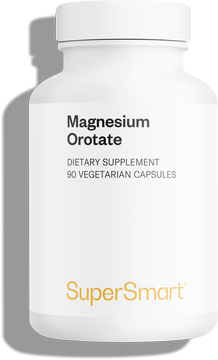Sorry - this product or page is no longer available.
Please consult our list of categories
We also recommend using the above search engine.
It is also possible to contact us by telephone on +1 (786) 522-3907 or by e-mail : customerservice@SuperSmart.com


